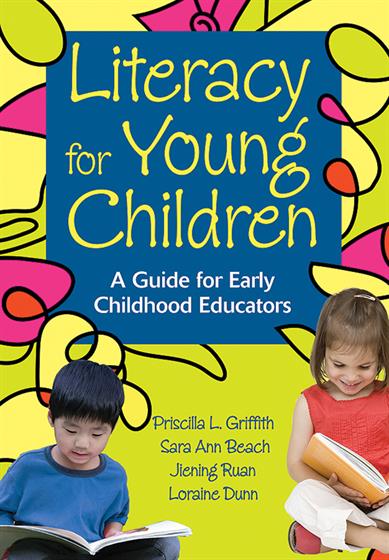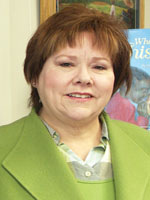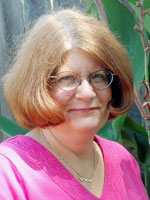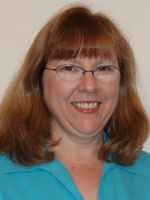Acknowledgments
About the Authors
Introduction: Why Early Literacy?
Early Reading First
Developmentally Appropriate Practice
Overview of This Book
Chapter 1. Children's Development and Literacy Learning
How Children Develop and Learn
Child Development: The Foundation for Literacy
Introducing Rebecca, Juan, Michael, and Annie
Foundations for Learning to Read
Supportive Classroom Environments
Summary
Chapter 2. Language Development and Diversity
Role of Oral Language in Literacy Development
What Does Research Say About How Children Acquire Language?
Benchmarks of Oral Language Development for Preschool Children
Assessing Oral Language Development
Research-Based Instructional Strategies Supporting Oral Language Development
Language Diversity
Summary
Chapter 3. Phonological Awareness Development in Preschool Children
What Is Phonological Awareness and What Is Its Role in Literacy Development?
What does Research Say About How Children Acquire Phonological Awareness?
Indicators of Children's Development of Phonological Awareness
Assessing Phonological Awareness
Research-Based Instructional Strategies Supporting Phonological Awareness
Addressing Diversity
Summary
Chapter 4. Alphabetic Principle
What Is the Alphabetic Principle and What is Its Role in Literacy Development?
What Does Research Tell Us About the Alphabetic Principle?
Assessing the Alphabetic Principle
Research-Based Instructional Strategies Supporting Understanding of the Alphabetic Principle
Addressing Diversity
Summary
Chapter 5. Writing
How Are Reading and Writing Connected in Early Literacy Development?
What Does Research Say About Emergent Writing Development?
Assessing Writing
Research-Based Instructional Strategies to Support Emergent Writing
Addressing Diversity
Summary
Chapter 6. Comprehension: Making Meaning
What Is Comprehension?
What Helps Children Comprehend?
Assessing Comprehension
Research-Based Instructional Strategies
Addressing Diversity
Summary
Chapter 7. Sharing Books With Children
The Importance of Book Sharing for Children's Early Literacy Development
What Does Research Say About Storybook Reading With Children?
Selecting High-Quality Children's Literature
Developing Classroom Libraries
Research-Based Instructional Strategies for Sharing Books With Children
Addressing Diversity
Summary
Chapter 8. Integrating Literacy Across the Curriculum
Integrated Curriculum
Planning an Integrated Unit
Summary
Chapter 9. Literacy in the Real World
Language and Literacy in Communities
Infusing Home and Community Literacy in the Classroom
Summary
Chapter 10. Helping Parents Facilitate Children's Literacy at Home
Why Parents Become Involved
Parental Beliefs
Types of Parental Involvement
Why Parental Involvement?
Summary
Chapter 11. Bringing It All Together
Preschool Programs Make a Difference
The Physical Environment
The Interactional Environment
Assessing Your Literacy and Language Environment
Planning Whole and Half Day Programs
Summary
References
Children's Books Referenced
Additional Resources for Teachers
Helpful Websites
References
Index


 This book is a featured text in a Canter graduate course,
This book is a featured text in a Canter graduate course, 


